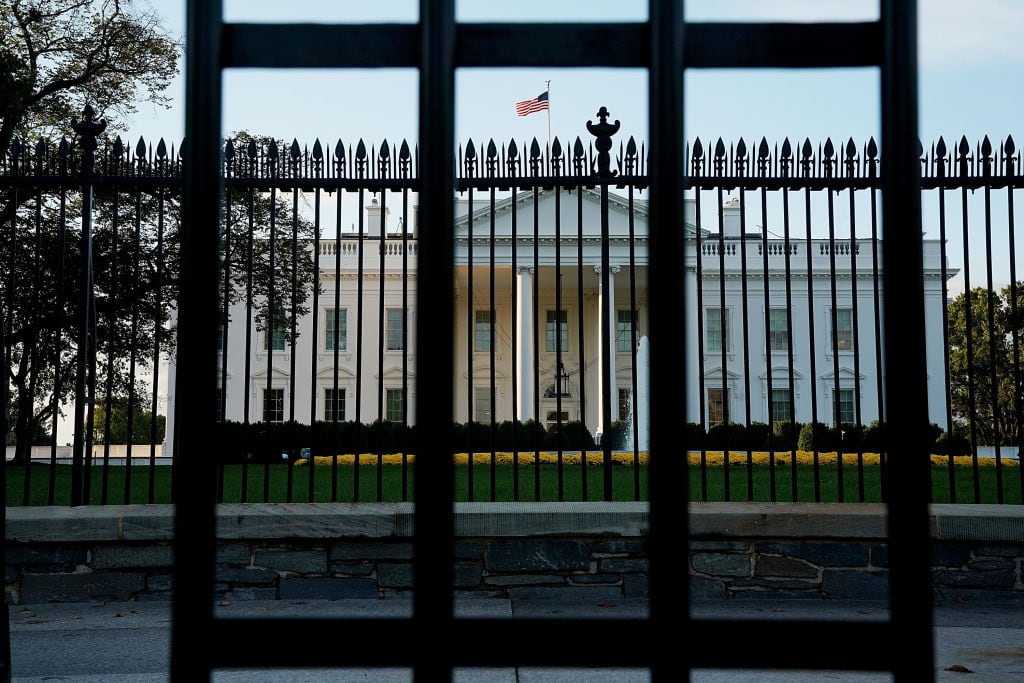The Pentagon is preparing to comply with a federal court ruling saying the military must accept new transgender recruits by Jan. 1, even as officials are still weighing how to comply with President Donald Trump’s directive that they not be allowed to serve at all.
“January 1 means January 1,” said Jennifer Levi, GLBTQ Legal Advocates and Defenders Transgender Rights project director.
Levi was reacting to a U.S. District Court ruling that the Pentagon must move forward with accepting transgender recruits by the Jan. 1 deadline.
“That’s the date when the military can no longer deny transgender people from enlisting,” Levi said. “The court’s earlier order was clear on that point. This latest ruling is an exclamation point, not that any was needed.”
The new recruits will enter a military that’s still weighing how and if transgender forces may continue to serve at all, guidance that is expected to be delivered from Defense Secretary Jim Mattis to President Donald Trump by February.
However, whatever they decide may be undone by the nation’s courts, which have already begun to weigh in on the issue.
RELATED

“While reviewing legal options with the Department of Justice, the Department of Defense is taking steps to be prepared to initiate accessions of transgender applicants for military service on January 1, 2018, per recent court orders,” said Pentagon spokesman Army Maj. Dave Eastburn. “Due to ongoing litigation, we are unable to provide additional information at this time.”
The legal challenges come from steps both Trump and Mattis have taken to slow or undo decisions by the former administration of President Barack Obama to allow transgender forces to serve openly.
RELATED

In June 2016, former Defense Secretary Ash Carter announced that transgender personnel who had previously served in secret would now be allowed to serve openly. That new policy also said that the Pentagon would work over the next 12 months to identify the best way to allow openly transgender personnel to join the military.
This June, under Trump’s new administration, Mattis announced that he was directing an additional six-month delay to the new policy — freezing any new recruits from joining until Jan 1, 2018.
The delay was to allow the services additional time to identify whether allowing new recruits would adversely impact readiness, Mattis said at the time. Mattis also directed the under secretary of defense for personnel and readiness to review the new policy for any adverse impact on readiness and report to him by December.
On July 25, Trump upended that work in a series of tweets that said no transgender personnel would be allowed to serve in the military, in any capacity.
RELATED

In the months since, DoD has scrambled to come up with a solution acceptable to the White House and address the concerns of its own forces. In response to the president’s directive, the Pentagon set up another panel to provide recommendations on whether, or how, currently serving openly transgender personnel would be allowed to remain in the military,
“We have until the end of December to come up with a recommendation that we’ll provide to the secretary then, so that he can go forward with implementing the policy,” said Command Sergeant Major John Troxell, the senior enlisted adviser to Chairman of the Joint Chiefs Gen. Joseph Dunford.
Once Mattis gets the recommendations, he’ll review them and provide them to the White House by Feb. 21, with a final decision on the issue expected to come from the White House in March.
In the meanwhile, the military is continuing to provide medical treatment, including sex-reassignment surgery, for approved service members and will continue to do so through March.
RELATED

Tara Copp is a Pentagon correspondent for the Associated Press. She was previously Pentagon bureau chief for Sightline Media Group.





